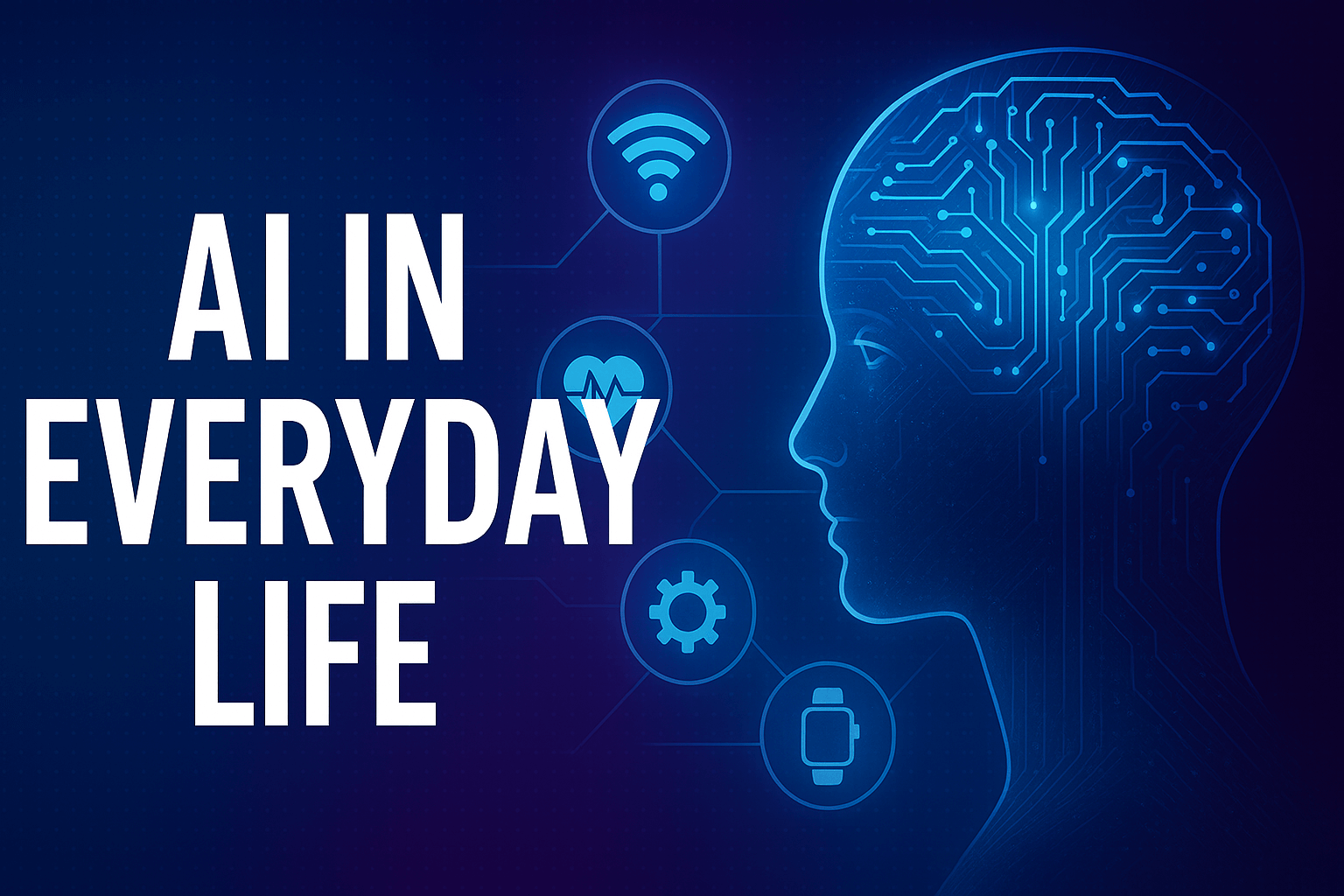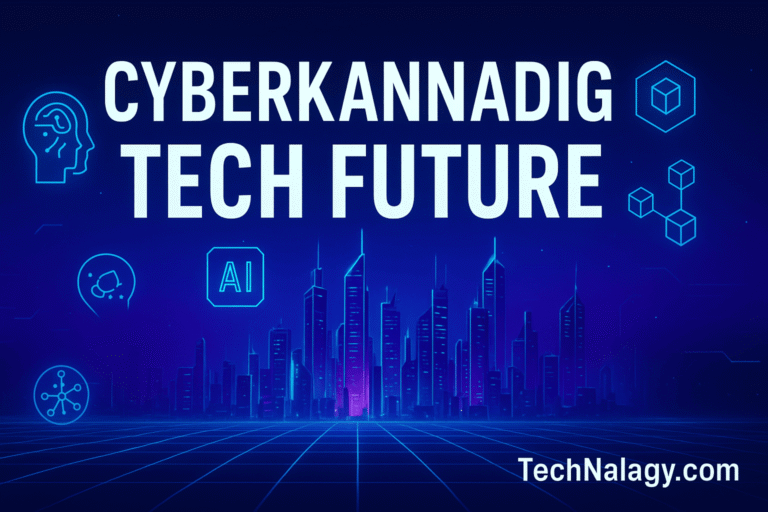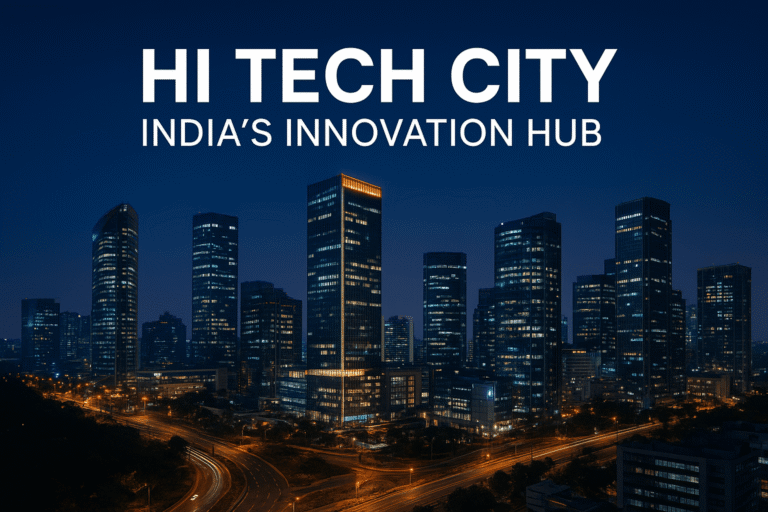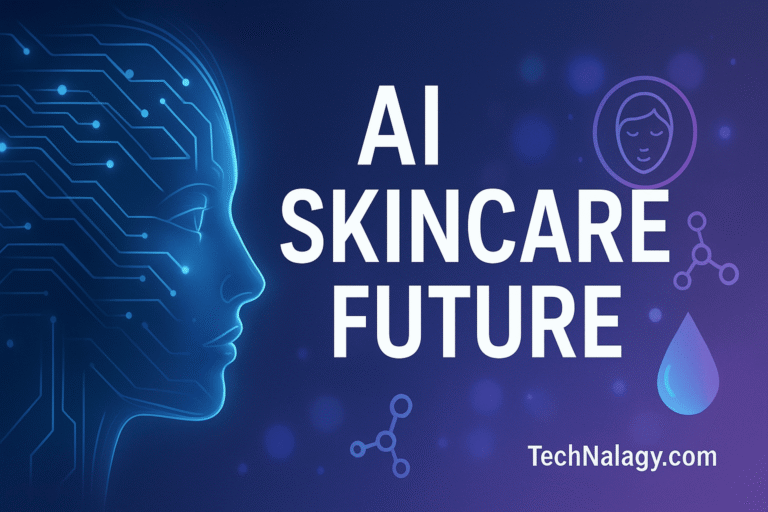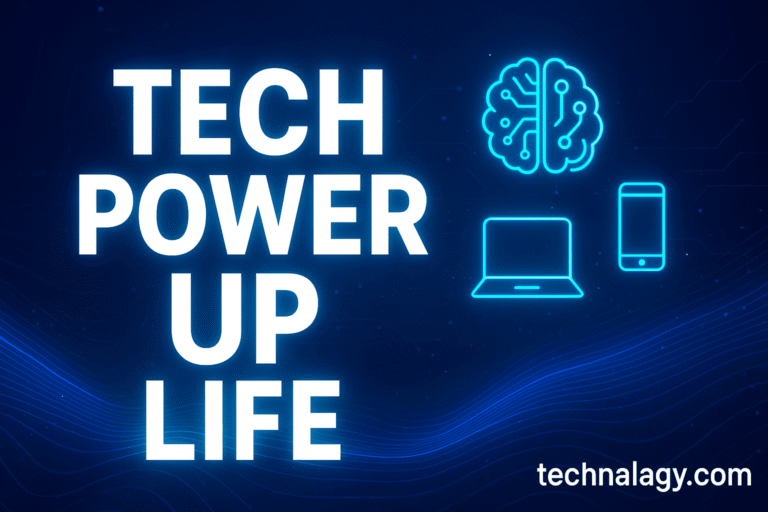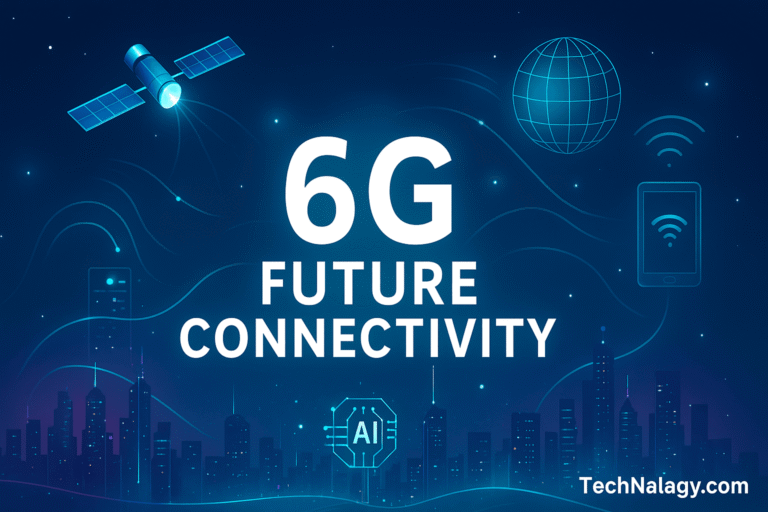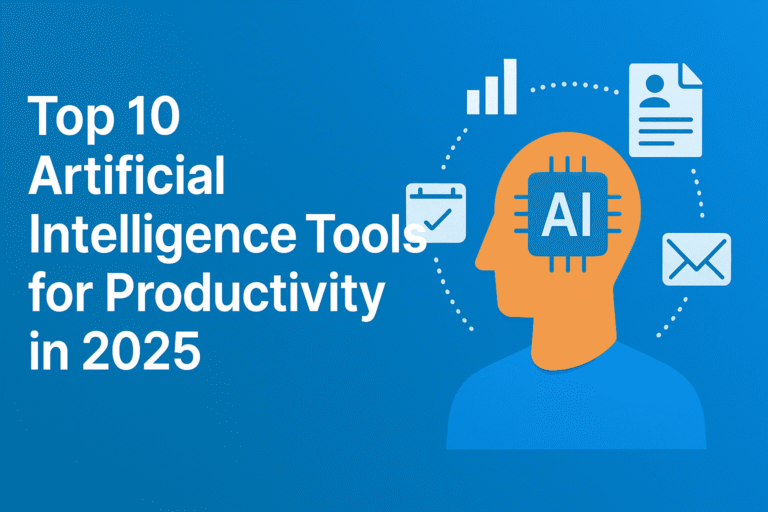AI in Everyday Life: How Artificial Intelligence Is Powering 2025 and Beyond
Introduction
AI in Everyday Life is no longer a futuristic concept — it is here, active, and rapidly changing how we live, work, and interact with the world. From voice assistants and smart homes to health monitors and real-time translation tools, artificial intelligence is deeply embedded in our routines. As we head into 2025 and beyond, AI’s influence continues to expand, touching everything from education and productivity to personal wellness and entertainment.
According to leading technology analysts, the latest advancements in AI are not only transforming industries but also enhancing the way we manage daily life. With the rise of smart automation, predictive analytics, and the latest wearable technology, AI is helping individuals make better decisions, save time, and improve quality of life. In this article, we’ll explore how AI in everyday life is powering the future — and where it’s headed next.
Table of Contents
What Is AI in Everyday Life?
AI in everyday life refers to the integration of intelligent algorithms and automated systems into common, day-to-day activities. This includes things like receiving personalized content recommendations, using virtual assistants like Siri or Alexa, or wearing devices that track your health and fitness. These AI-powered tools work behind the scenes to enhance convenience, personalization, and efficiency.
Examples:
- Smart speakers answering questions or playing music on command
- Chatbots assisting with customer service
- Personalized ads based on browsing habits
- Smart thermostats adjusting home temperatures automatically
Smart Homes and AI Integration
One of the most popular and accessible examples of AI in everyday life is the smart home. AI-enabled devices allow users to automate tasks such as lighting, climate control, home security, and even grocery shopping reminders.
How AI Powers Smart Homes
- AI learns user habits and schedules
- Voice recognition enables hands-free control
- AI-powered cameras enhance home security
Smart homes powered by AI are not only convenient — they also increase energy efficiency and improve security, making them essential for the modern lifestyle in 2025. Many of these innovations are now powered by Edge AI in 2025, which processes data locally on devices for faster, more secure responses.
AI in Personal Health & the Latest Wearable Technology
The latest wearable technology is revolutionizing healthcare and wellness. Smartwatches, fitness trackers, and even smart rings are now equipped with AI algorithms that interpret biometric data in real time.
Key Innovations:
- AI detects irregular heartbeats or oxygen level drops
- Wearables monitor stress, sleep, and daily activity
- Predictive alerts for potential health risks
These technologies represent the heart of AI in everyday life, turning passive data into proactive health management. With continual updates and integration with healthcare systems, wearables are empowering individuals to take control of their well-being.
AI in Daily Workflows and Productivity Tools
Artificial intelligence is also streamlining how we work. From auto-sorting emails to generating content or analyzing spreadsheets, AI tools are making workers more productive.
Examples:
- AI assistants for scheduling and reminders (like Google Assistant)
- Smart document creation tools (like Grammarly or ChatGPT)
- AI transcription services for meetings
These tools reduce cognitive load and allow people to focus on strategic, creative, or human-centered tasks, improving overall efficiency.
Artificial Intelligence in Transportation and Mobility
AI is also redefining the way we travel and commute. With intelligent routing, predictive traffic analysis, and autonomous driving technology, transportation is becoming safer and more efficient.
Features of AI in Mobility:
- Self-driving car systems (Tesla Autopilot, Waymo)
- Real-time navigation suggestions via Google Maps or Waze
- AI-driven fleet management for logistics companies
These improvements are part of the broader movement of AI in everyday life, minimizing delays and improving fuel efficiency.
AI in Education and Learning Apps
AI is personalizing education through adaptive learning platforms and intelligent tutoring systems. Whether you’re a student or a lifelong learner, AI is making knowledge more accessible and tailored.
Benefits:
- AI assesses learner progress and adjusts content accordingly
- Language learning apps use AI for accent correction and practice
- Chatbots and virtual tutors provide 24/7 support
This democratization of knowledge is one of the most positive outcomes of AI integration into daily life.
AI in Entertainment and Media
From personalized playlists to AI-created music and videos, entertainment has become more immersive and customized. Platforms like Netflix, Spotify, and YouTube rely heavily on AI algorithms to tailor user experiences.
Highlights:
- AI recommends content based on viewing habits
- AI-generated content (art, video, music)
- Interactive and immersive gaming powered by AI NPCs
This personalized touch is a perfect example of how AI in everyday life enhances leisure and creativity.
The Ethical Side of AI in Everyday Life
With great power comes great responsibility. As AI continues to permeate everyday life, ethical considerations like bias, data privacy, and algorithmic transparency become critical.
Ethical Concerns:
- AI reinforcing societal bias through unfiltered data
- Privacy violations via surveillance or data leaks
- Manipulation through targeted advertising
Transparency and regulation are needed to ensure AI serves people fairly and safely.
Recent research from the World Economic Forum highlights how AI agents—autonomous systems capable of sensing, learning, and acting—are integrated into everyday life, enhancing efficiency while requiring responsible governance .
The Future of AI in Everyday Life: 2025 and Beyond
Looking ahead, AI in everyday life will become even more seamless, predictive, and integrated into society. With advancements in neuromorphic computing, quantum AI, and real-time emotional AI, the future promises even more intuitive interactions.
What’s Coming:
- AI-powered smart cities
- Emotion-sensitive devices that adapt to your mood
- AI companions for the elderly or isolated
These future innovations will further transform not only how we live but also what it means to be human in a tech-driven world.
To explore more emerging technologies shaping the future, check out our article on the Top Tech Trends in 2025.
Conclusion
AI in everyday life is no longer optional — it is the foundation of modern living. From managing homes to improving health and optimizing daily routines, AI empowers individuals in ways unimaginable just a decade ago. With tools like the latest wearable technology, we now live in a world where machines support decision-making, learning, and creativity in real time.
As we move deeper into 2025 and beyond, staying informed and aware of AI’s evolving role is crucial. Embracing these innovations thoughtfully will help us harness the best of what technology has to offer while navigating its challenges responsibly.
Follow Technalagy.com for more insights into the future of AI, wearable tech, and the innovations shaping tomorrow’s world.

Kamran Khatri is the founder of technalagy.com, where he shares insights on AI, future tech, gadgets, smart homes, and the latest tech news. Passionate about making innovation simple and accessible, he writes guides, reviews, and opinions that help readers stay ahead in the digital world.

